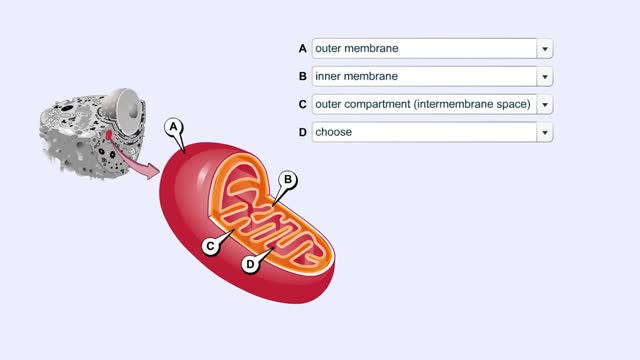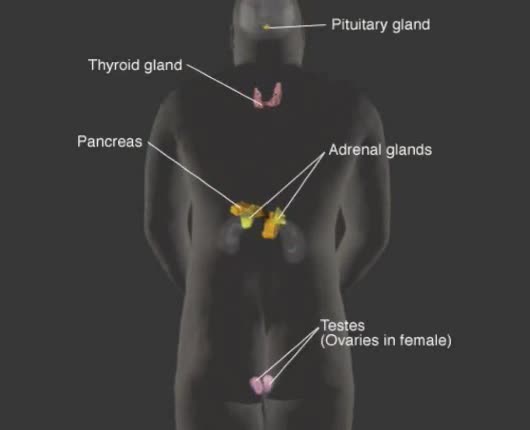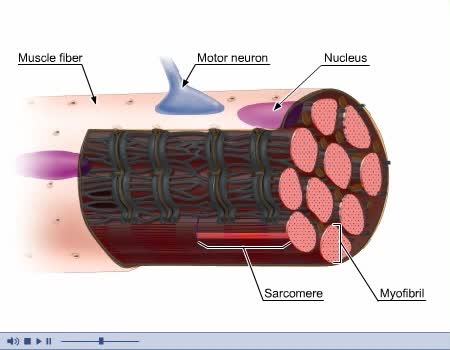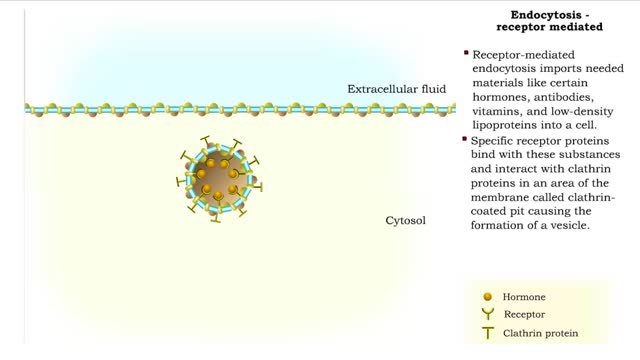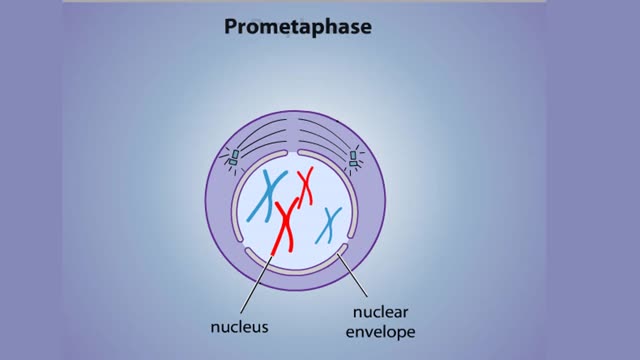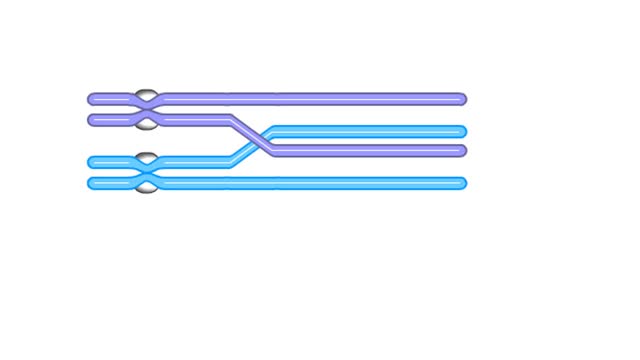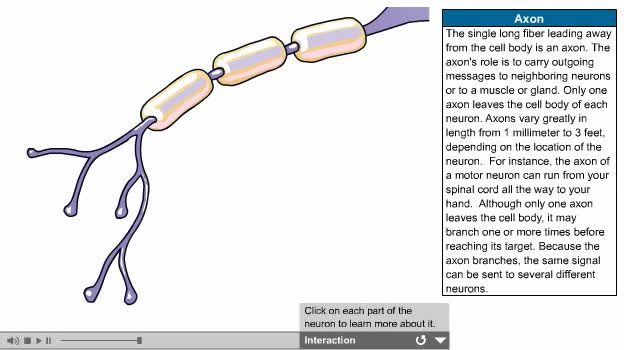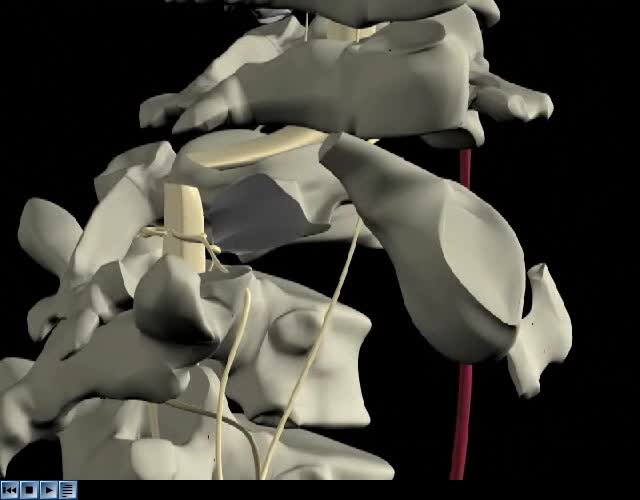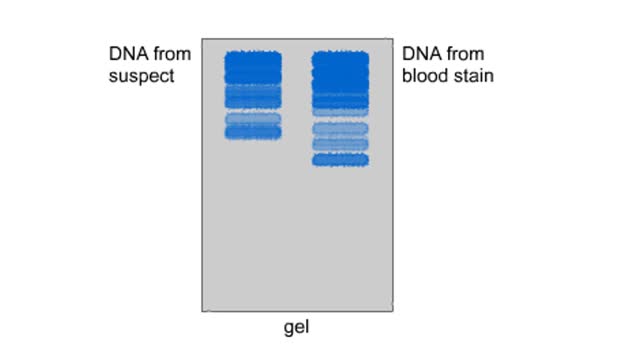Search Results
Results for: 'sperm formation animation'
Mitochondrial Structure & ETC Protein Complexes (Protein Complexes and Electron Transport)
By: HWC, Views: 10318
The energy carrying molecules, NADH and FADH2, that were generated in glycolysis and the Krebs cycle, now are processed in the mitochondria where their high energy electrons are deposited in an electron chain complex located in the inner mitochondrial membranes. These high-energy electrons now dr...
By: Administrator, Views: 1639
Vital function of endocrine system: Production and regulation of chemical substances called hormones. Hormones Chemical transmitters released in small amounts and transported via bloodstream to a target organ or other cells. Transfer information and instructions from one set of cells to anot...
By: Administrator, Views: 13607
Three basic types of muscles: - Skeletal - Smooth - Cardiac Composed of striated or smooth muscle tissue and classified according to their functions and appearance. Skeletal Muscle: - Also known as voluntary or striated muscle. - Controlled by the conscious part of the brain and attach...
Endocytosis - pinocytosis, receptor mediated and Transcytosis
By: HWC, Views: 10661
Pinocytosis is the process in which a cell "drinks" a tiny droplet Of extracellular fluid, including its solutes. Pinocytosis (Cell Drinking) is the process by which the cell takes in fluids (as well as any small molecules dissolved in those fluids). • The plasma membrane folds inward to...
Stages of Mitosis - Prophase, Prometaphase, Metaphase, Anaphase & Telophase
By: HWC, Views: 10535
In mitosis, the nucleus divides to produce two nuclei that are genetically identical to each other and to the parent nucleus. To prepare for division, the DNA replicates in the preceding interphase. Although the chromosomes are not yet compacted and visible as discrete bodies, we illustrate them ...
Homologous chromosomes during prophase I - Animation
By: HWC, Views: 8698
The chromosomes were duplicated during interphase and the sister chromatids are now in thin threadlike form. Each chromosome becomes zippered to its homologue, so that all four chromatids are closely aligned. The chromosomes are tightly aligned, but we will show them as separate so that y...
By: Administrator, Views: 14299
There are several types of neurons, three of which are: Motor neurons, Sensory neurons, Interneurons. The nervous system is usually described as having two interconnected divisions: the central nervous system (CNS) and the peripheral nervous system (PNS). CNS: Includes the brain and spinal...
By: Administrator, Views: 13972
The most common cause of spinal cord injury is trauma. Spinal cord injury is most common in young, white men. Spinal cord injury can be either complete or incomplete. In complete injuries there is no function below the level of injury. In incomplete injuries there is some function remaining...
By: HWC, Views: 7592
DNA fingerprinting enables a scientist to compare the DNA from two biological samples, such as a blood stain and a suspect's blood. A restriction enzyme is added to the samples to be compared. The enzyme cuts the DNA into smaller fragments. The DNA fragments are placed on an electrophor...
Advertisement



